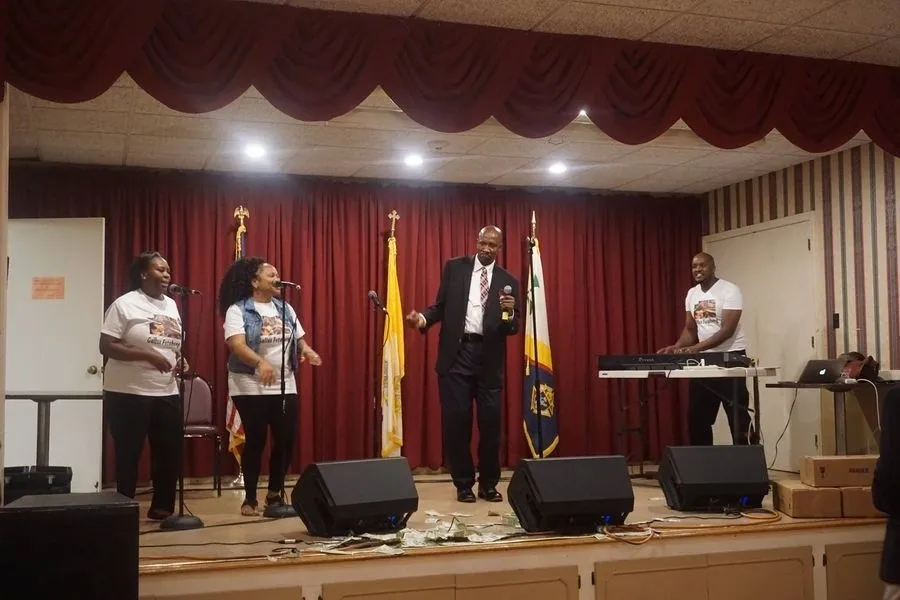Reggae music is more than a genre—it’s a movement, a rhythm of resistance, and a celebration of culture. Rooted in the streets of Jamaica, reggae has evolved into a universal sound that resonates across continents. Today, the heartbeat of reggae is not only heard in the Caribbean but also pulsing vibrantly through the voices of the African musician. This blend of cultures has created a unique bridge between Africa and the roots of reggae.
The Roots of Reggae Music
Originating in the late 1960s in Jamaica, reggae music quickly became a vehicle for social commentary, spiritual growth, and cultural pride. Built on the foundations of ska and rocksteady, reggae introduced the world to its syncopated rhythms, soulful basslines, and politically conscious lyrics.
From Bob Marley to Peter Tosh, reggae’s legacy has long been tied to messages of resistance, love, and unity. But what’s often overlooked is how much this music was influenced by African rhythms—and how, in turn, it’s come full circle to inspire a new generation of African artists.
The African Musician’s Role in Reggae’s Evolution
Africa has always had a musical connection to reggae—both spiritually and sonically. Today, African musicians are using reggae as a means to explore identity, preserve language, and address pressing issues within their communities.
Countries like Nigeria, Ghana, South Africa, and Ivory Coast have given rise to a new wave of reggae artists who blend traditional African instruments and melodies with classic reggae beats. The result is a compelling sound that honors the past while pushing the genre into new territory.
Why Reggae Resonates with African Musicians
For many African musicians, reggae is more than just music; it’s a voice of liberation and empowerment. The genre’s core themes—freedom, resistance, spirituality—mirror the social realities faced by many African societies. Reggae offers a medium to speak truth to power, to celebrate heritage, and to connect with a global audience.
Some of the key reasons why reggae music has gained popularity among African artists include:
- Shared cultural roots: Reggae and African music share rhythmic similarities that make the fusion feel organic.
- Message-driven content: African musicians often use reggae to discuss social justice, Pan-African unity, and community upliftment.
- Global appeal: Reggae music has an international following, providing African artists with a wider platform to share their stories.
African Reggae Artists Making Waves
From the legendary Lucky Dube of South Africa to Ghana’s Rocky Dawuni, the impact of African musician on reggae music is undeniable. These artists have not only embraced the genre but also added local flavors to make it their own.
- Lucky Dube was one of the most influential reggae artists on the continent, known for his powerful lyrics and emotive performances.
- Rocky Dawuni, a Grammy-nominated artist, has helped popularize Afro-Roots—a blend of reggae, Afrobeat, and soul.
- Newer artists across the continent are continuing the tradition, crafting reggae-infused sounds that reflect today’s Africa.
Reggae Music as a Tool for Social Change in Africa
In many African countries, reggae music serves as a powerful tool for education and activism. Through music, artists raise awareness about poverty, corruption, gender equality, and environmental sustainability. Reggae concerts often double as social movements, uniting people through a shared vision of justice and peace.
Moreover, the genre’s ties to Rastafarianism and Pan-Africanism have inspired many African musicians to explore their spiritual roots and cultural identity. Reggae has become a soundtrack to Africa’s growing cultural pride.
Conclusion: A Rhythmic Connection That Continues to Grow
Reggae music and the African musician are intrinsically linked by rhythm, purpose, and passion. As the genre continues to evolve, African artists are helping to redefine reggae, infusing it with new perspectives and local sounds. This cultural fusion is not only keeping reggae alive but also allowing it to thrive on a global scale.
FAQs
1. What is reggae music?
Reggae music is a genre that originated in Jamaica, known for its syncopated rhythm and socially conscious lyrics. It blends ska, rocksteady, and African musical influences.
2. How is reggae music connected to African musicians?
Reggae shares many rhythmic and thematic elements with African music. African musicians have embraced reggae to address social issues and celebrate cultural identity.
3. Who are some well-known African reggae artists?
Notable African reggae musicians include Lucky Dube (South Africa), Rocky Dawuni (Ghana), and Alpha Blondy (Ivory Coast).
4. Why do African musicians gravitate toward reggae music?
Reggae’s focus on liberation, unity, and activism resonates deeply with African musicians, many of whom use it as a platform for social change.5. How has reggae evolved in Africa?
Reggae in Africa has evolved into subgenres such as Afro-Roots and conscious reggae, blending local instruments and languages with traditional reggae elements.

